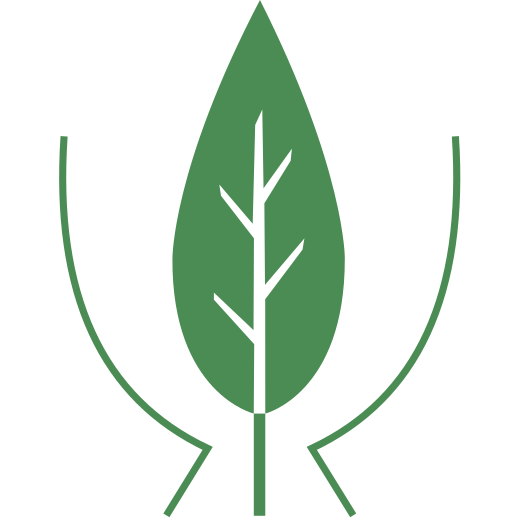Researcher at Yale University works on new therapeutic approach for PKAN
From the USA we received the news that a possible new therapy option for PKAN is being researched at Yale University. This new approach is still in the very early stages of development and a great deal of scientific work and time is still required to explore the prospects for success of this potential PKAN therapy, initially in cell and animal models. But we are excited about another glimmer of hope on the horizon. You can read more about this in this online article from Yale University:
Choukri Ben Mamoun, PhD, Wins Best Presentation in Yale Lifesciences Pitchfest 2020
08.02.2021 / By Saphia SuarezChoukri Ben Mamoun, PhD, professor of medicine (infectious diseases) and of microbial pathogenesis, won the “Best Presentation” award in Yale Lifesciences PITCHFEST 2020 for his work on a possible cure for pantothenate kinase-associated neurodegeneration (PKAN). [The "Yale Lifesciences PITCHFEST" is a lecture competition in which biotech researchers can present their projects in short talks to an audience of industry representatives. Presenters can win a cash prize and, by participating, also become semi-finalists in the annual competition for the Blavatnik Fund for Innovation at Yale University. (Note from Angelika Klucken)]
The severe neurodegenerative disease most commonly affects children and young adults. The genetic disorder leads to the accumulation of iron in the brain and results in a major loss of muscle function, which ultimately causes death.
“This disease is due to a mutation in the PANK2 gene, which encodes an enzyme involved in the utilization of vitamin B5 (Pantothenic acid) and is essential for Co-enzyme A (CoA) biosynthesis in the brain,” said Ben Mamoun. The altered pathway of this enzyme results in the neurological defects associated with PKAN. The solution Ben Mamoun’s research offers is the activation of a second PanK enzyme, which would compensate for the loss of PANK2 and restore neurological function.
"The activators we have identified are called VTAC 1-9," says Ben Mamoun. "They are being further developed by a Yale spin-off company called Virtus Therapeutics."
Looking forward, Ben Mamoun is hoping to receive the Blavatnik Award this year, which is awarded by the Blavatnik Fund for Innovation at Yale to select projects after a competitive application process. The $300,000 award provides seed funding for research intended to drive projects towards commercialization.
Ben Mamoun received the Blavatnik Award in 2020 for his efforts to develop novel anti-fungal drugs. This awarded work is part of a research program, which will be further pursued by a newly formed startup company named MYCOS Therapeutics.
“Our efforts to develop new antimicrobials was supported by the Program in Innovative Therapeutics for Connecticut’s Health (PITCH),” said Ben Mamoun. “Vitamin B5 utilization was one of two projects in my lab supported by this program.” In collaboration with the Yale Center for Molecular Discovery, Ben Mamoun identified a novel class of highly selective inhibitors¹ that will be further developed by MYCOS Therapeutics.
"Well, when you develop new antimicrobial compounds, you want to make sure that they don't inhibit the human enzyme," Ben Mamoun said. "So when we tried to find out if our compounds with antimicrobial activity inhibit the human enzyme, we discovered that our compounds do not inhibit the human enzyme, but surprisingly, nine of these compounds were found to activate the human enzyme."
This serendipitous finding opened up the possibility to treat the previously incurable PKAN disease.
Ben Mamoun said it is findings like this one which fuel his work in therapeutics and translational medicine. “I think it's really an exciting time to translate basic research knowledge to produce medicines to cure infections and other important human diseases,” said Ben Mamoun. “And sometimes during the course of our often frustrating research, we find things we didn’t plan in the first place, such as this potential treatment for pantothenate kinase-associated neurodegeneration. Compounds that we were not initially developing for this disease turned out to be the main ingredients of a very promising treatment for this illness and could potentially save the lives of many children and adults, and may even have applications beyond PKAN.”

Dr. Choukri Ben Mamoun
Photo: courtesy of the Yale School of Medicine
We would like to thank the Director of Communications at Yale School of Medicine, Julie Parry, for kindly allowing us to publish the article also in German on our website. Here you will find the link to the original English article: https://medicine.yale.edu/news-article/30235/
¹ Inhibitors limit or prevent chemical processes.
